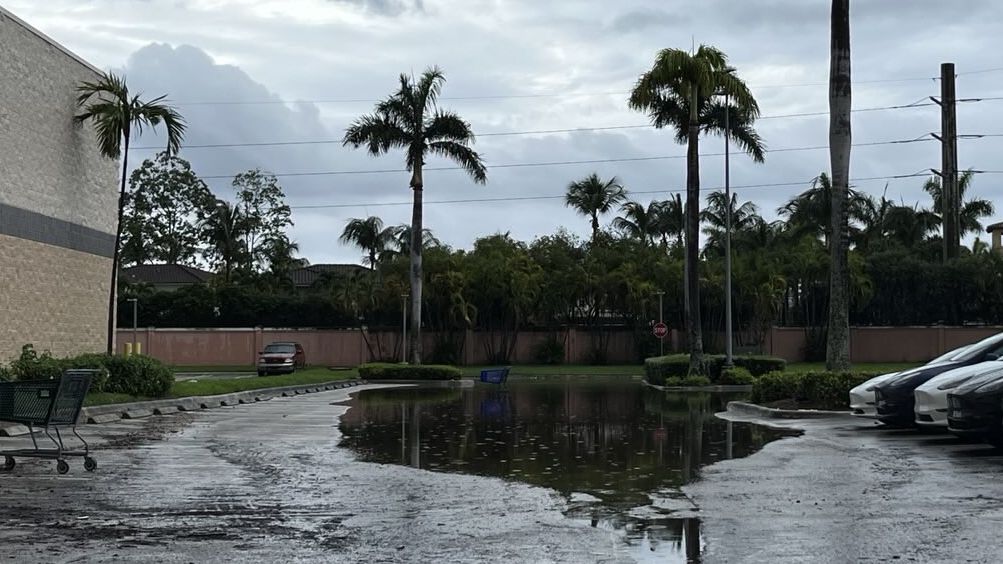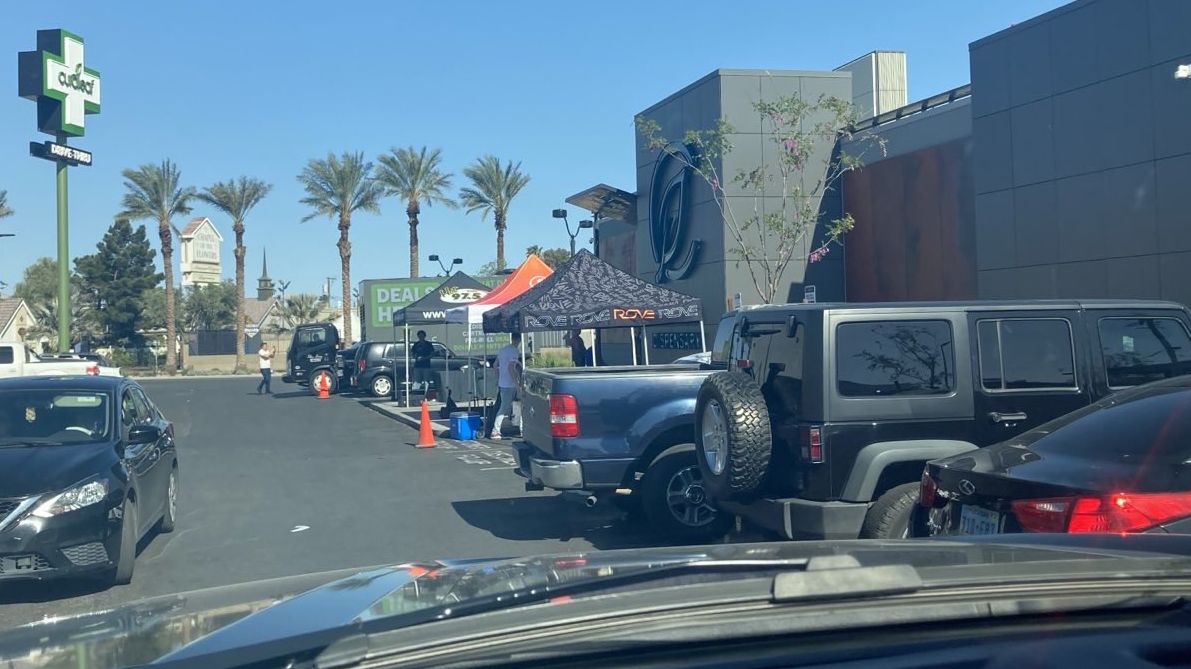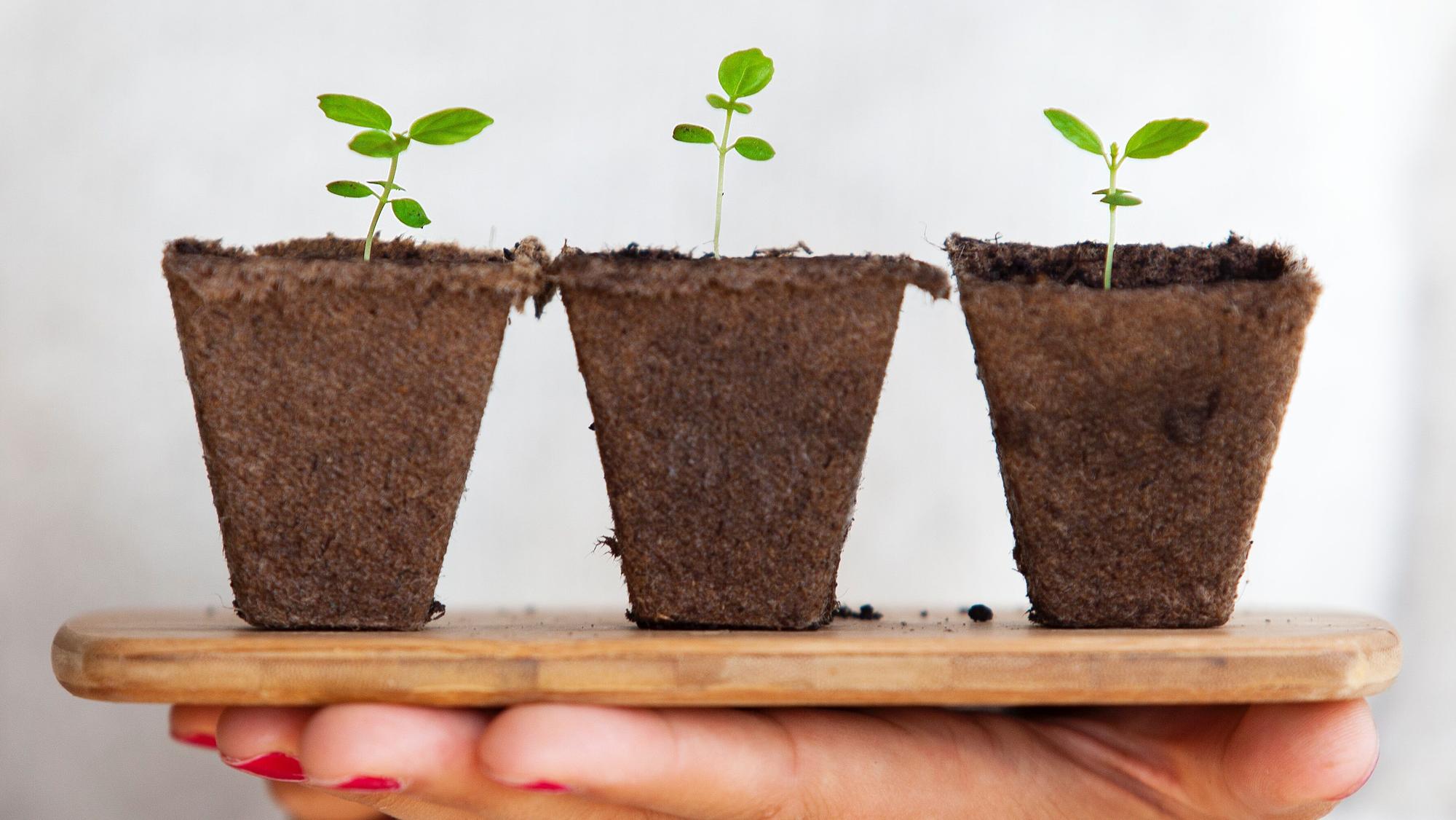In recent years, cannabis companies across the United States have proven that their impact extends far beyond dispensary walls and cultivation sites. As wildfires, hurricanes, and floods have increased in frequency and devastation, the cannabis industry has stepped forward to help rebuild communities and provide immediate relief to those affected. From donating funds and supplies to organizing hands-on recovery missions, cannabis brands are quietly becoming important players in disaster response.
Building a Culture of Compassion
The cannabis industry’s roots in community activism have shaped a culture of giving. Many cannabis businesses, particularly those born out of legalization movements, understand what it means to support vulnerable populations during difficult times. When California wildfires ravaged Northern counties in 2017 and 2020, cannabis farms were among those hit hardest. Yet, many cultivators chose to help others even while recovering themselves. Companies like Flow Kana and Eaze launched fundraising campaigns to assist displaced residents and growers who lost everything, reinforcing a message that compassion is central to the cannabis movement.
Similarly, during Oregon’s devastating 2020 fires, dispensaries such as Oregrown and Benson Arbor organized donation drives, gathering food, blankets, and medical supplies for evacuees. These efforts not only aided thousands but also challenged outdated stigmas about the cannabis community’s role in society.
Financial Relief and Local Partnerships
Beyond immediate aid, cannabis companies have also leveraged their growing economic influence to make long-term impacts. Brands such as MedMen and Curaleaf have made donations to national relief organizations like the American Red Cross and Direct Relief, aligning cannabis philanthropy with mainstream humanitarian efforts. In 2022, Green Thumb Industries expanded its “GTI Cares” initiative to include disaster relief grants, helping communities affected by hurricanes in the Gulf Coast region.
At a local level, cannabis businesses frequently partner with food banks and shelters following natural disasters. Trulieve in Florida, for example, has worked with the Florida Disaster Fund and local relief groups to distribute essential goods after hurricanes. In Colorado, The Green Solution collaborated with community organizations to assist victims of flash floods and winter storms, providing both resources and volunteer manpower.
These partnerships not only improve access to critical supplies but also help normalize cannabis businesses as legitimate community stakeholders.
Environmental Restoration and Sustainable Response
In addition to direct relief, many cannabis companies contribute to the long-term recovery of affected areas through environmental restoration. With sustainability already a core value of the industry, brands such as Sun+Earth Certified and Wyld have invested in reforestation and soil rehabilitation projects following wildfires. Some even sponsor cleanup initiatives to remove debris and rebuild damaged ecosystems—efforts that align seamlessly with cannabis’ broader message of environmental consciousness.
Cannabis packaging companies, often criticized for waste, have also joined these efforts. By introducing biodegradable materials and donating part of their profits to conservation groups, they demonstrate that disaster recovery can also be a catalyst for greener innovation.
A Growing Example of Industry Responsibility
The cannabis industry’s contributions to disaster relief highlight its growing sense of responsibility and community leadership. As legalization expands and stigma fades, more brands are realizing that helping rebuild lives after disaster is both a moral duty and an opportunity to show the true values behind the plant.
Through funding, volunteering, and environmental restoration, cannabis companies are redefining corporate citizenship in a space once dismissed as fringe. Their continued involvement in disaster relief underscores a simple but powerful truth: compassion is the backbone of cannabis culture, and when disaster strikes, the industry is ready to lend a helping hand.




